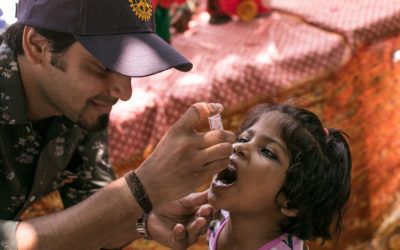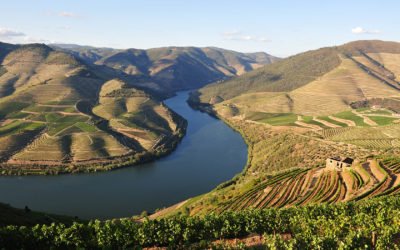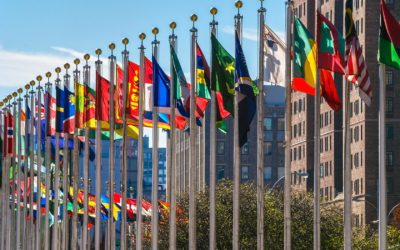In 2019, climate change-denying world leaders and industrialists were woken from their collective slumbers by Swedish teenager, Greta Thunberg.
“You have stolen my dreams and my childhood with your empty words,” the then 16-year-old climate activist told a United Nations summit in New York.
“We are in the beginning of a mass extinction, and all you can talk about is money and fairy tales of eternal economic growth – how dare you?”
In 2020, the names of Nottingham sisters Amy and Ella Meek are likely to become more prominent as the generation of tomorrow takes on the leaders of today.
They are the founders of the charity, ‘Kids Against Plastic’, a project which was started four years ago and is now beginning to get its voice heard.
WHAT?! Our @tedxexeter talk has over 22K views on both YouTube & the @ted website?! Thank you to everyone who has watched it and shared with their friends, family & schools. Together we can spread the #PlasticClever message 💙
Catch the whole video here: https://t.co/P1KeaUJUOY pic.twitter.com/tvs3stLDJm— Kids Against Plastic (@KidsVplastic) January 14, 2020
At the time of this interview, the schoolgirls, who are studying for their A Levels and GCSEs respectively at Redhill Academy, north of Nottingham, were about to fly out to Geneva to speak at a United Nations’ conference coinciding with International Human Rights Day.
And this May, the Meeks will be taking to the stage to talk about their environmental campaign at the Volunteer Expo in Birmingham.
Ella, 14, explained the charity was kick-started when they were studying the United Nations’ goals for sustainable development, and discovered one common thread was plastic pollution. “When we looked into this a little more, we felt we couldn’t not do anything about it,” she reflected.
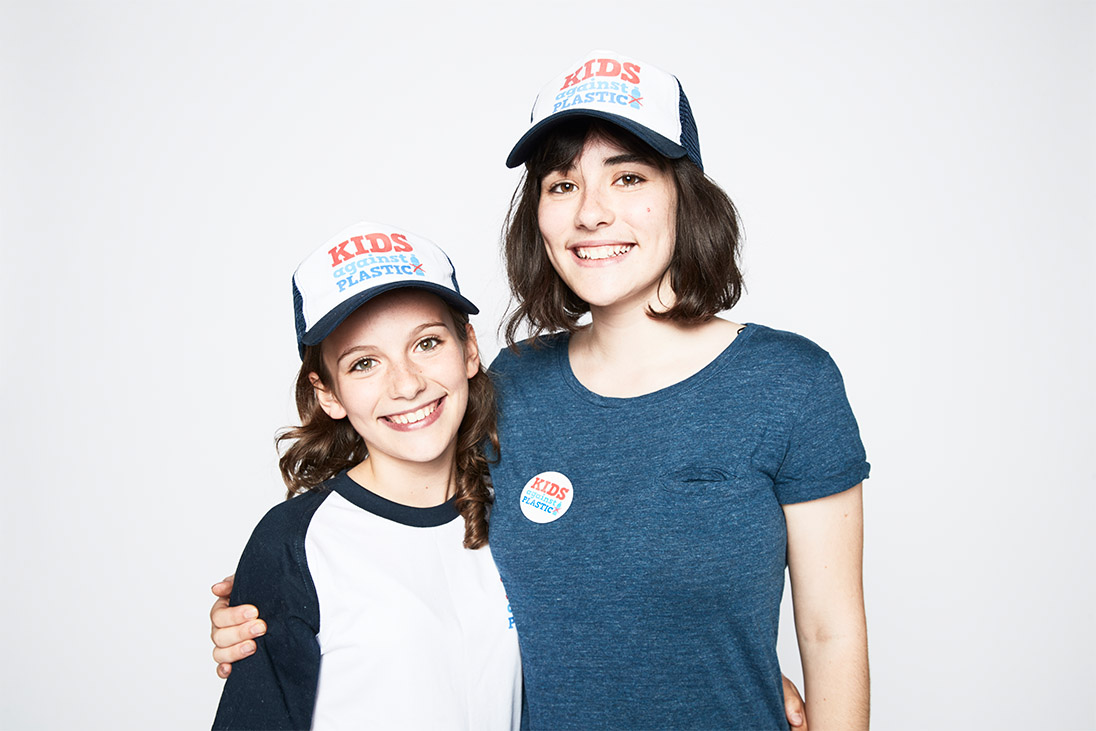

Nottingham sisters Amy and Ella Meek are likely to become more prominent as the generation of tomorrow takes on the leaders of today.
“Four years ago, this very big environmental issue was getting very little coverage, and we were shocked. We felt the public were often being misled, especially about recycling.
“We felt we couldn’t sit back to wait for this issue to get worse before people actually start to notice, or give the attention it deserves – especially as this is something we are going to inherit.”
The family were on holiday in France at the time, so the girls began litter picking on a beach. They set a goal of collecting 100,000 pieces of plastic litter – the number of sea mammals killed by plastics in the ocean each year. So far they have collected 70,000 pieces of plastic.
But ‘Kids Against Plastic’ is not a small beer campaign hatched by two idealistic teenagers. Their website and social media has quickly gained traction and support from other environmental charities, businesses and children themselves.
There is a small army of litter-pickers around the UK armed with an app, developed by the mapping agency Esri, which allows them to log their plastic collection, as well as mapping concentrated areas where litter has been picked up.
The three key focuses of the charity are:
- Raise awareness and understanding of the problems caused by plastic misuse.
- Encourage and support others to become plastic-clever and reduce single-use plastics.
- Empower children and young people to believe they can make a difference.
The plastic-clever campaign has 700 schools signed up to reduce their use of plastic. The charity is also working with cafés and businesses.
“Plastic-clever is about encouraging people to become more discerning users of plastic and to cut down their use,” explained Amy, 16.
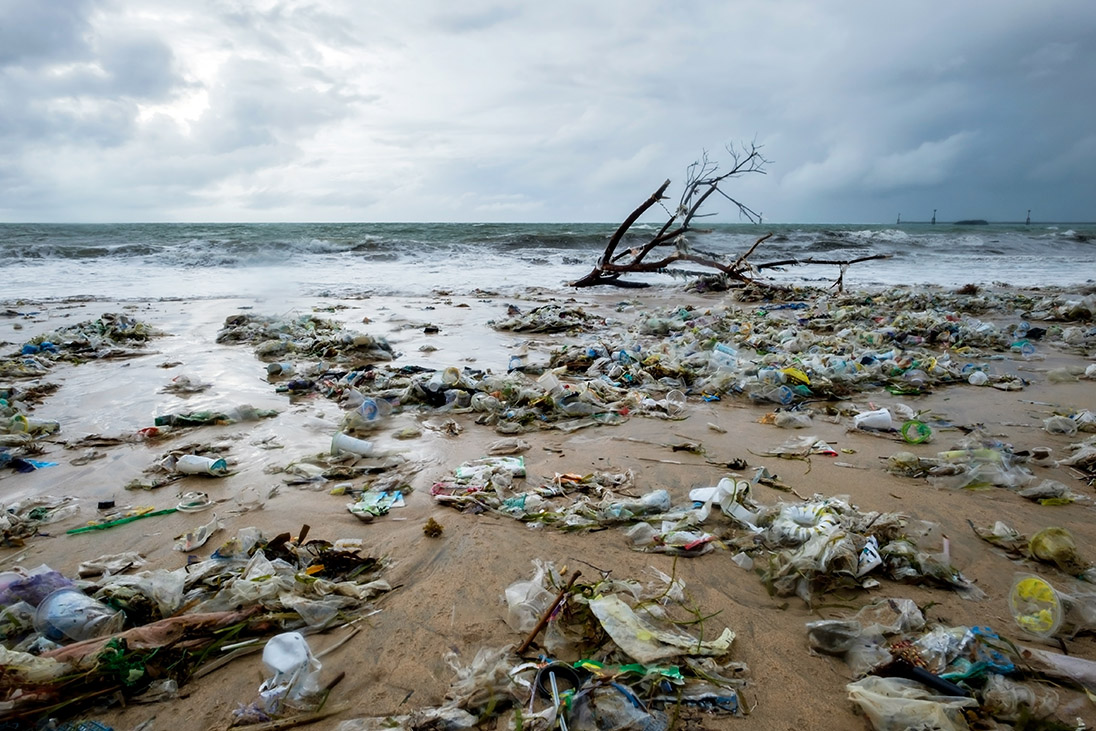

Plastic pollution can now be found on every beach in the world, from busy tourist beaches to uninhabited, tropical islands nowhere is safe.
“The kids’ side of it is really important to us, encouraging young people to stand up for what they believe in, to believe they can make a difference whether it is against plastic or other issues.
“So far we have got over 30 kids around the country who are part of our ‘Kids Against Plastic’ team, who are making a difference against plastic pollution.”
The goal is to develop the charity and grow the plastic-clever initiative with more schools and businesses involved.
We felt the public were often being misled”
Amy and Ella are also conscious how they want to pass on the baton to other children once they step into adulthood. Legacy, and ensuring theirs is a child-run charity is important.
The girls admire the stand which Greta Thunberg has taken. The clock is ticking in the race to halt climate change, and perhaps the directness of youth is the way of forcing change.
“We can’t afford to delay these issues to the future, or dress them up and not take urgent action,” said Amy.
“I think Greta is really inspiring because she says how it is. For young people, like ourselves, “Greta is very inspirational and shows the impact we can have.”
“I wonder, what will you tell your children was the reason to fail and leave them facing the climate chaos you knowingly brought upon them?”
Here’s a clip from my speech addressing the #WorldEconomicForum in Davos today. Full speech here: https://t.co/qAJIqYXxhd#WEF2020 pic.twitter.com/8Ev3HqRY7d— Greta Thunberg (@GretaThunberg) January 21, 2020
As far as their message to Rotarians, it will simply be – do something.
“It doesn’t matter what you do, so long as you do something. Because even small changes can have a really big impact if we work together,” added Amy.
“Even if you do something small like stop using coffee cups when you go away from the Volunteer Expo, you will be making a difference.
“Plastic is an issue which is really growing and is turning into a crisis. Make a change in your life to help stop this. It does not have to cost you more or take up your time. Start by becoming plastic-clever and using reusables.
“For Rotarians, I also think you can encourage more young people, whether it is your children or schools you work with, to help them believe they have a voice, that they can make a difference, because we are the future generation, and so we going to have to make that change.”
Fact File: Plastic Pollution
- Plastic pollution can now be found on every beach in the world, from busy tourist beaches to uninhabited, tropical islands nowhere is safe.
- Scientists have recently discovered micro plastics embedded deep in the Arctic ice.
- In 1950, the world’s population of 2.5 billion produced 1.5 million tons of plastic; in 2016, a global population of more than 7 billion people produced over 320 million tons of plastic. This is set to double by 2034.
- Every day approximately 8 million pieces of plastic pollution find their way into our oceans.
- There may now be around 5.25 trillion macro and micro plastic pieces floating in the open ocean. Weighing up to 269,000 tonnes.
- Plastics consistently make up 60 to 90% of all marine debris studied.
Source: Surfers Against Sewage
For more information visit the Kids Against Plastic website









